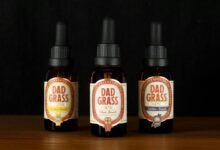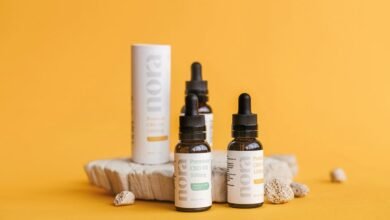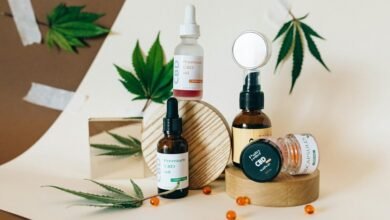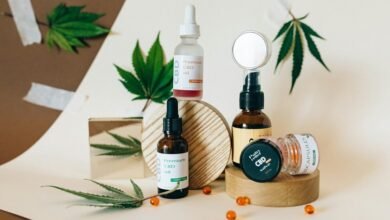Does Cbd Show up on Drug Screen
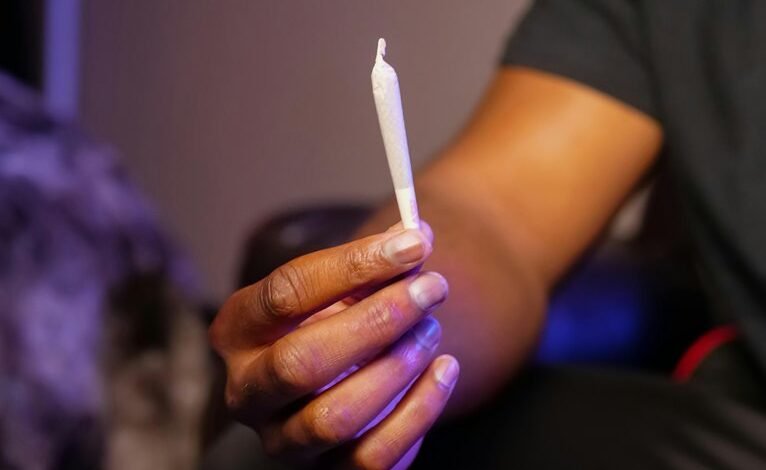
The presence of CBD in drug screenings is a nuanced topic. Standard tests primarily target THC, the psychoactive compound in cannabis. However, full-spectrum CBD products may contain trace amounts of THC, which could result in a positive test. Understanding the types of CBD and their potential for THC contamination is crucial. This raises important questions about the safety and reliability of various CBD products in relation to drug testing outcomes.
Understanding CBD and Its Composition
Cannabidiol (CBD) is a prominent compound derived from the cannabis plant, recognized for its potential therapeutic benefits without the psychoactive effects associated with tetrahydrocannabinol (THC).
As interest in CBD expands, understanding its legality becomes crucial, with regulations varying across regions.
Users often seek CBD for its anti-inflammatory and anxiety-relieving properties, emphasizing the importance of awareness regarding both CBD benefits and its legal status.
The Role of THC in Drug Testing
The presence of THC in drug testing is a significant concern for individuals using CBD products.
THC metabolism can lead to the accumulation of metabolites detectable in urine, blood, or saliva tests. Even trace amounts of THC in full-spectrum CBD may trigger positive results, complicating the use of CBD for those seeking to avoid psychoactive effects while maintaining their personal freedom.
Types of Drug Tests and Their Detection Methods
While various types of drug tests exist, their detection methods can significantly impact the interpretation of results.
Urine tests are the most common, detecting substances within days of use. In contrast, hair tests offer a longer detection window, identifying drug use over several months.
Each method presents unique advantages and limitations, influencing how results are perceived and understood in relation to individual circumstances.
Tips for Avoiding Positive Drug Test Results
Navigating the complexities of drug testing requires awareness and proactive measures, especially for individuals concerned about potential positive results.
Effective drug test preparation includes researching CBD consumption sources, opting for broad-spectrum or isolate products, and maintaining transparency with employers.
Additionally, allowing sufficient time for CBD to clear the system and opting for third-party tested products can further minimize the risk of adverse test outcomes.
Conclusion
In conclusion, while CBD itself typically evades detection on standard drug screens, the presence of THC in full-spectrum products poses a risk of positive results. Users aiming for safety should consider broad-spectrum or CBD isolate options, aligning with products that undergo rigorous third-party testing. Coincidentally, informed choices and awareness of product composition can harmonize with the desire for a THC-free experience, creating a balanced approach to CBD consumption amidst the complexities of drug testing.


